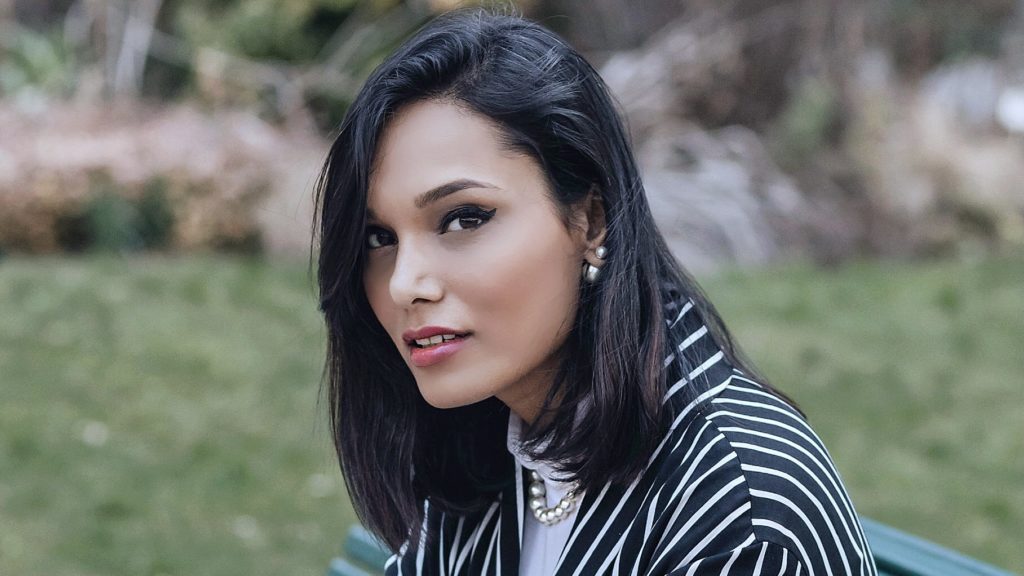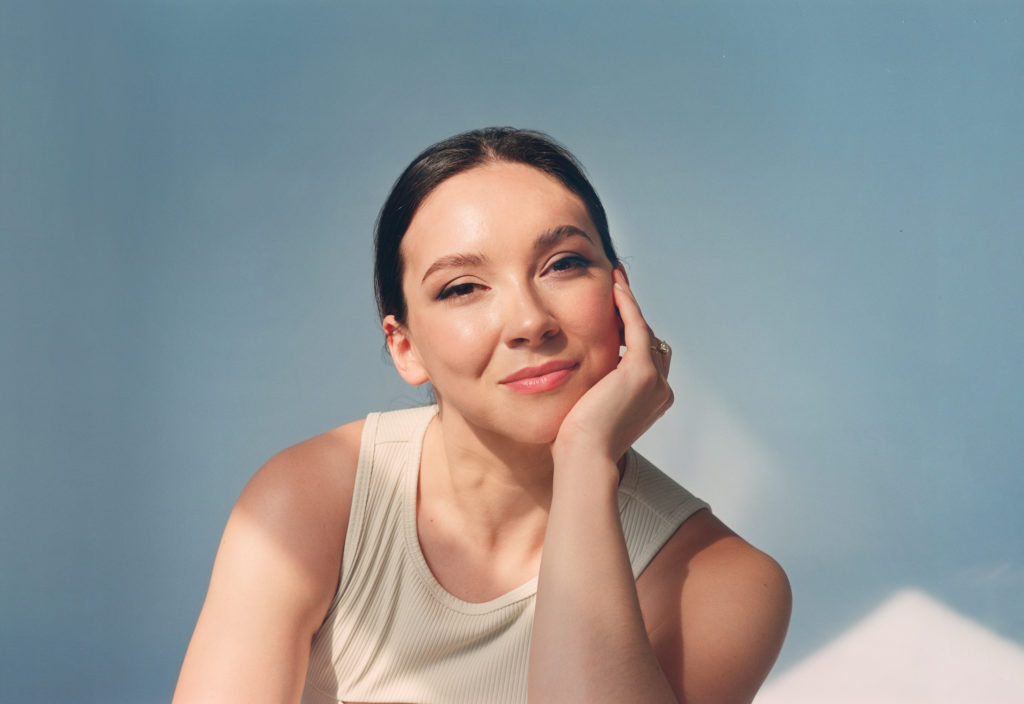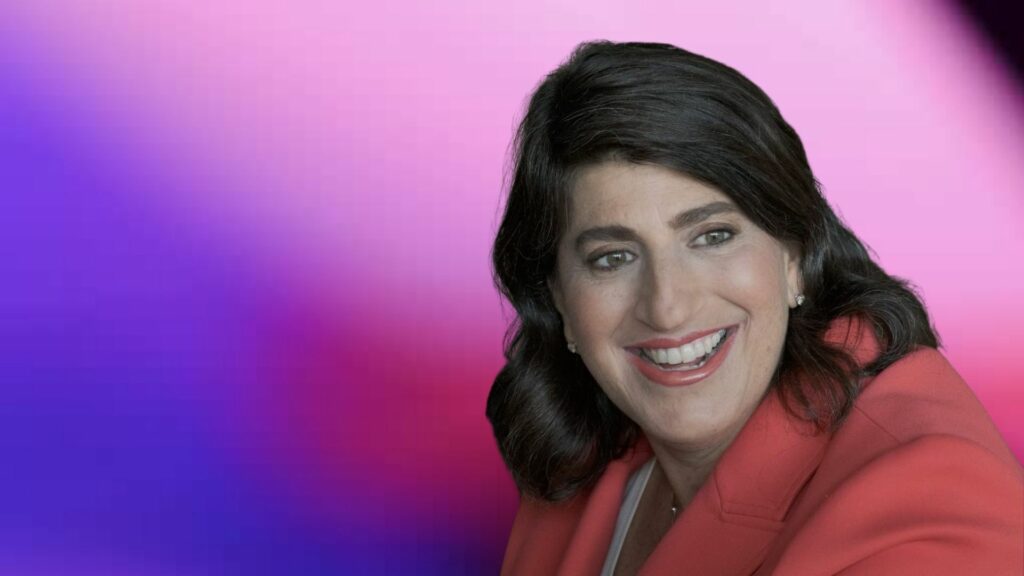How she MBA’ed her way to a creative career in entertainment: Sarah Rubin
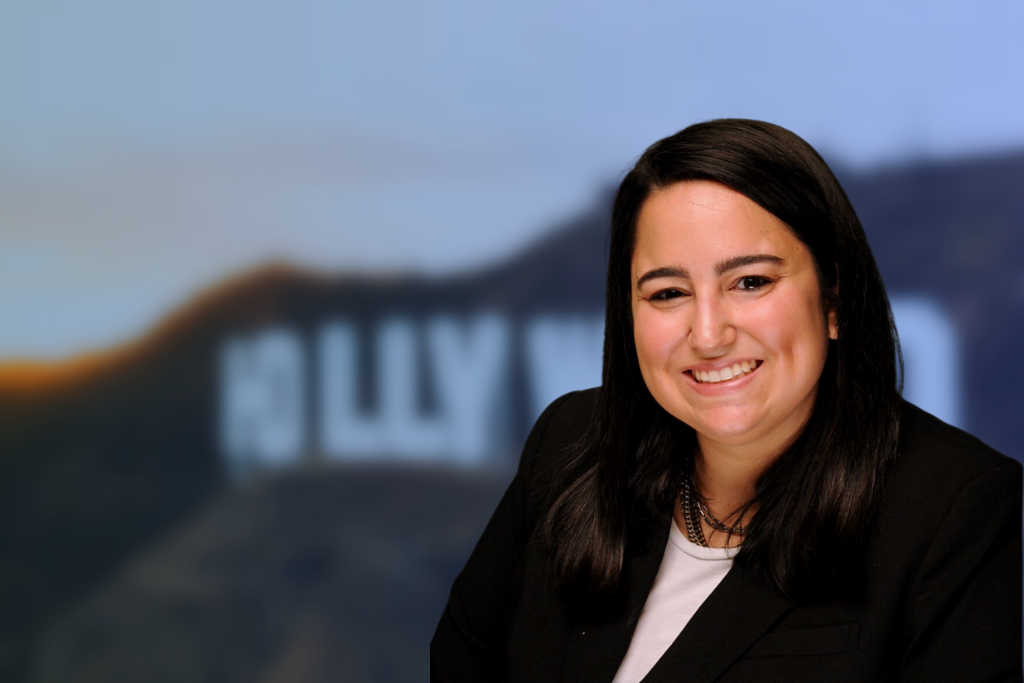
MIT Sloan professor Steven Eppinger says creativity benefits when it is structured and systemized, similar to agile project management. “This process can make you better at innovation,” he says, emphasizing that curiosity gets a boost from space and time. “You just have to get comfortable overlaying a little structure, a little process, over your creative activities.”
What happens if the creative energy of the entertainment industry is calling your name, but your background is in merchandise planning – keeping you far from the action and the spotlight? If you grew up in Florida gravitating towards the thrill of theme parks and fascinated by the business decisions behind the big blockbusters we all know and love like Sarah Rubin did, you find a way to shine. If you’re Sarah Rubin, you pivot your already successful career, head to business school, and commit to being the main character in the plot that is your life.
We sat down with the NYU Stern School of Business MBA and Senior Director of Sales Strategy on the Paramount Advertising Team at Paramount to learn about the benefits of business school for more creative pursuits. In her role, Sarah structures and executes operational and strategic initiatives for the Paramount Advertising leadership team across digital, cable, and broadcast.

Senior Director, Sales Strategy, Paramount Advertising
A strong believer in the power of storytelling, her own story is one of passion, perseverance, and the ability to turn guilty-pleasure-Paramount-Plus-binge-sessions into money-making strategic sales strategies.
Before business school, Sarah was immersed in the business that single-handedly defined all of our wardrobe choices in the early 2000’s – Abercrombie & Fitch. She began her career in merchandise planning at A&F, leading long-term business planning and forecasts for the Abercrombie kids business. While delivering $79 million in sales, Sarah grew her categories (girls tops and dresses) by over 16% YoY. When she decided to change industries and pursue her MBA, it was undoubtedly a big departure from her previous position, but it was a decision that enabled her to combine her strengths in business planning with her passion for television and movies into a strategy role in the space space she truly loves: entertainment.
MBAchic: How did you decide on Stern?
Sarah Rubin: It’s an extremely personal decision given the cost investment and the time investment. Luckily, there are now even more types of programs for people than when I applied. But when I applied to business school, I was working in corporate retail at Abercrombie and Fitch in Ohio. I loved my job and I loved my team, but I always had an itch to go into entertainment. So yeah, I decided to go full force, you know, study for the GMAT and all that. I was really hyper focused on schools in New York for the entertainment and media access and to be a little bit closer to family. I was only looking at Stern and Columbia. I think if I had to do it again, I would be a little bit more broad with my choice because it was really risky only applying to two schools. I think the benefit of going to school in these metropolitan areas is that a lot of people in the media industry are sometimes adjunct professors. So I had a professor who was the CEO of Buzzfeed. I had a professor who’s now the Chief Strategy Officer at HBO. So I think that type of access, it’s not only the alumni network, but to be in a classroom for a few hours each week with someone who’s dealing with these problems every single day and probably like right before class, during class and after class… I just thought that was so invaluable.
MBAchic: What kind of opportunities did that MBA experience afford you in this brand new industry?
Sarah Rubin: I think Stern really values itself on the balance of EQ and IQ within their community of students. And I definitely found that, so from day one, I started meeting with all the second-year students that had experience or who were doing exactly what I wanted to do, pivot their career and go into entertainment. So they were an incredible resource for me. I guess from a more fun side of things, Stern, I believe, is the only graduate program for business and fine arts where at the time (six years ago) there was a class that went to the Cannes Film Festival. So that was an incredible experience where we had to apply to the class and we had a few independent film producers meet with our class in New York, then our classroom, about 25 people, went to the Cannes Film Festival with a pass to go see any movie screening, any talkbacks. We walked on the red carpet, I ran into Will Smith at the time, it was very exciting. It was just an amazing experience to understand the business of international filmmaking and all of the distribution and deals and content acquisition behind the scenes.
MBAchic: Should people who are interested in more creative industries like media or entertainment be more open-minded about getting their MBAs?
Sarah Rubin: I think there are a few things about wanting to go into entertainment and being in business school that are really important. The median salary for what an MBA student makes out of business school is really a lot higher than what the average person in entertainment will make. But there’s no big hiring classes, there’s no ‘always on’ pipeline to hire MBA entry grads into programs. It’s really about this just-in-time hiring experience. For that reason, I feel a lot of the value that your MBA brings is valued by someone who already has an MBA. So a lot of my peers that ended up in the entertainment industry with MBAs are in these more strategy or finance or distribution or content acquisition roles, which are maybe a little bit more strategic than the true creative side of the business, just because there aren’t a lot of MBAs who are in development at these movie studios.
An alum of my undergrad had told me that I shouldn’t have gotten my MBA and that I should have just gotten experience in the industry, which is totally fair because her team didn’t have a lot of MBAs. For some people they just want to see experience at these companies, they don’t see the impact. But then I’ve been lucky to be in these positions where I can go into these companies with my MBA and it’s about the value of dealing with ambiguous situations and figuring out how to solve problems and figuring out how to deal with leaders and how to present your solutions. It’s not always the hard skills of an MBA, but it’s the soft skills and being able to persuade an executive audience of your opinion. It’s fun to be immersed within the content industry, but it’s not for the faint of heart, it’s very challenging and a very independent job search process compared to traditional MBA jobs, which I would say are more in investment banking, consulting, brand management, product management, in the tech space.
MBAchic: Was knowing your job search after bschool would be extremely different than your classmates pursuing more traditional routes daunting, discouraging, or exhilarating? How did you feel?
Sarah Rubin: As soon as I got to campus, I wanted to meet with all of the second-year students who were doing the same thing as I was. They kind of set my expectations correctly, you know, ‘you’re not really going to find things four to six months in advance like your other peers. Things come up just in time. There’s never going to be like, ‘oh, on April 1st, all of these openings come up,’ you really have to want it. Actually, when I first met with the career center, my entire resume was strategic planning and corporate retail, and they suggested I go into investment banking. I really didn’t want to waste my time not immersing myself in the industry because I knew I had so much to catch up on. Although, of course, investment banking would’ve been an incredible skillset, it just wasn’t exactly what I wanted to do and I knew that I had a lot of industry knowledge I needed to pick up on…so you have to be extremely motivated and driven to be on this path where in a way you’re not going to have all the resources that other MBAs might have for other career paths.
MBAchic: What’s the top piece of advice that comes to mind when you think about the decision to attend business school and how it’s shaped your professional career?
Sarah Rubin: Like anything that you do, you get as much out of it as you put into it. Hyper focusing yourself on how you can level up on your industry experience, your industry knowledge, your relationships, because a huge part of the creative industry is the relationships that you have and the relationships you develop and the knowledge that you get. I think a lot of people sometimes are really hesitant or get nervous that they don’t have enough industry experience when they’re applying. I had no entertainment or media experience when I was looking at things, but as someone who recently hired a manager role on my team, it’s not just about your experience, but it’s demonstrating you actually are interested in this field. Did you do a class project where you focused on this specific part of the entertainment industry? Do you write newsletters or do you share articles on LinkedIn about the entertainment industry? There are ways to really differentiate yourself without having the critical industry experience that I think, people don’t really realize they can enhance.
MBAchic: Streamed content through various platforms has truly transformed the way we consume and interact with media on a daily basis. What emerging entertainment trends should we all be following in 2023?
Sarah Rubin: There are a few things. I think there are two things that come to mind. One is the high growth of the fast category. So it’s free ad-supported television. For Paramount, our service Pluto TV is the first fast service to hit a billion dollars in revenue. It’s just really fascinating, it looks very similar to how cable television used to look, and there’s a very low entry cost for the consumer. It’s just ads. So that I think will be an interesting thing to follow. I think the other thing that’s really interesting is the windowing strategy that all of these companies do. So when a certain piece of content goes to streaming versus stays in theaters versus goes to VOD where you could buy it.
For example, Top Gun obviously was a huge once in a lifetime success, but they kept it in movie theaters for a really long time because audiences still really wanted to see it. They held out on releasing it on Paramount Plus for a really long time whereas you see a lot of companies put their movies on direct to streaming. So I think there’s a lot of different strategies that work for different types of movies. You’ll see different windowing strategies for different types of content, figuring out when to prioritize putting a film in theaters versus when to put it on direct to streaming to drive subscriber growth and subscriber engagement and reduced churn, I find it really interesting personally.
MBAchic: What’s on your current watch list?
Sarah Rubin: Fun fact, I lost my job in the pandemic and one of the things I did was track everything I watched. My sister inspired me to do this, to set myself apart in the job market, I put minutes behind everything I watch and I look at, okay, ‘I spent X percent of my time on Netflix, X percent of my time watching women-led dramas, X percent of these movies pass the Bechdel test,’ so I’ve been tracking everything that I’ve been watching since the pandemic, which is highly embarrassing because it’s way too much! I recently binged So Help Me Todd, which is a CBS show. I love my guilty pleasure The Challenge. Survivor is coming back this week, I love Survivor. Outside of Paramount Plus, I’m watching Outer Banks, oh, Abbott Elementary. I love White Lotus. How could you not love that? And I watch all the award shows, so the SAG awards, the Grammys, the Critic’s Choice Awards. Also, my favorite movie of all time is National Treasure, which people make fun of me for, but they came out with a TV series on Disney Plus, which I thoroughly enjoyed.
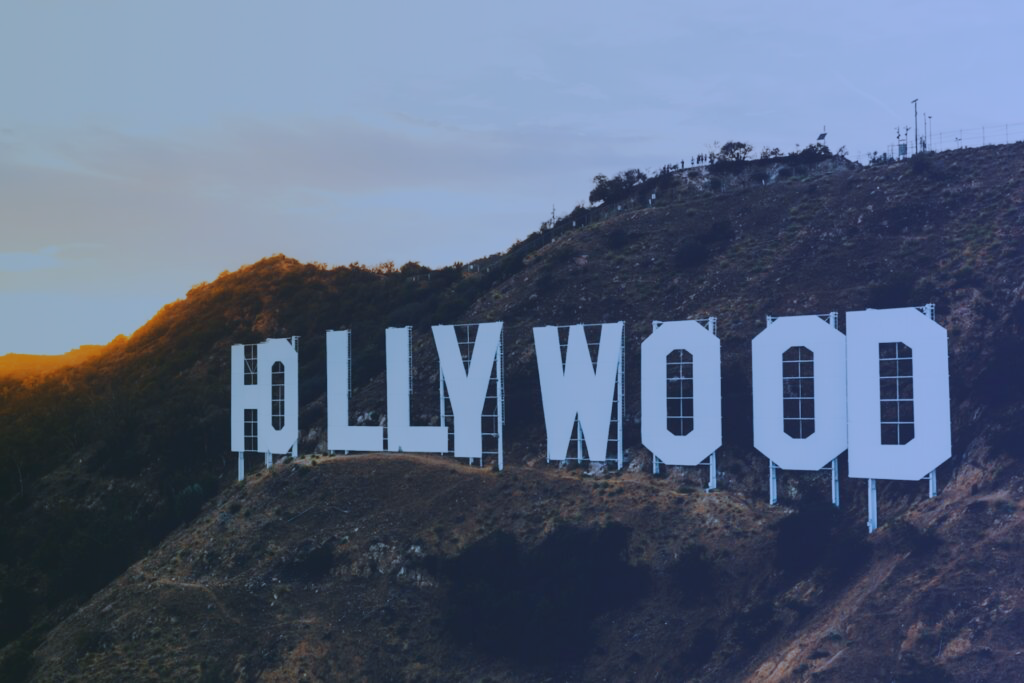
Photo from Ahmet Yalcinkaya



